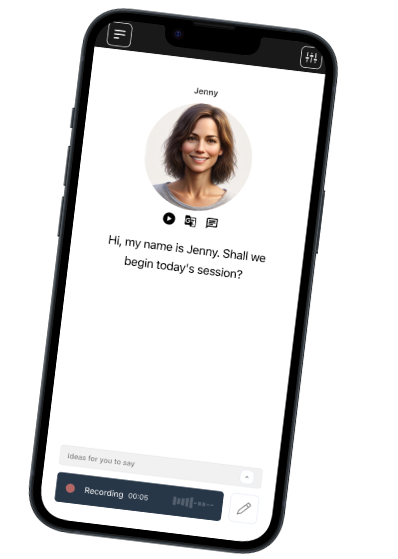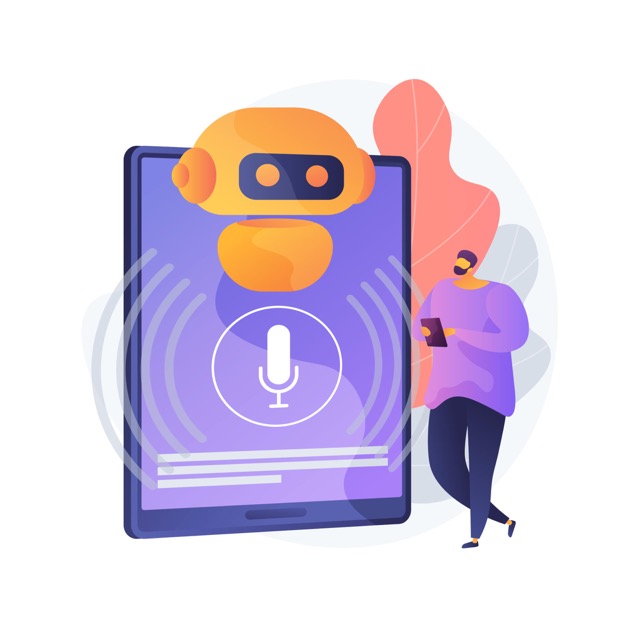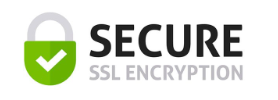Founded in Denmark. We respect your privacy.
Join a worldwide community of language learners
Do You Really Need a Native Speaker to Improve Your Pronunciation? The Debate No One Told You About
Last updated on
Pronunciation is often seen as the “last frontier” for language learners—it’s the difference between being understood and getting puzzled looks. Many believe that only frequent practice with a native speaker can truly help you sound authentic. But is having a native-speaker conversation partner really essential for developing a clear accent and accurate pronunciation?
In this article, we’ll examine what science and pedagogy say about the role of native speakers in pronunciation improvement. You might be surprised by some of the underappreciated strategies that can help you make exceptional progress—even without consistent access to native speakers. And, at the end, discover the factor most learners ignore, but which may be more crucial than the presence of a native tutor.
Why Do We Value Native Speakers for Pronunciation?
Native speakers are often considered “gold standards” for pronunciation. The main reasons are their intuitively correct accent, knowledge of prosody, and natural use of colloquial expressions. According to research from Cambridge English, native speakers tend to provide valuable audio models, exposing learners to the rhythm and intonation patterns not always captured in textbooks.
But this model is not without its downsides. Native speakers may lack the training to explain why certain sounds are pronounced in a specific way, and often don’t notice or correct subtle errors, because these are “automatic” for them. Also, not all native speakers have a standardized or “prestige” accent, which may complicate the learner’s goals. This is especially relevant in languages with major regional variety, like English, Spanish, or Arabic. For a glimpse of different pronunciation standards, see English (UK) pronunciation or Spanish (Mexico) standards.
What Does Linguistic Research Say?
Contemporary studies suggest that while exposure to native speakers helps, it’s not the only—or even the most critical—determinant of pronunciation improvement. According to articles published in SAGE Journals, training that focuses on perception (listening) and production (speaking) using high-quality audio—sometimes even from non-native but highly proficient speakers—can be as effective as working with a native. One key is immediate, targeted feedback, which can help learners notice and adjust subtle articulation mistakes.
Moreover, research from Frontiers in Psychology highlights that learners benefit from a high diversity of input: different accents, speech rates, and speaking styles. This “variability training” actually makes your brain more flexible in perceiving and producing new sounds, rather than becoming accustomed to a single native model.
Are AI Tutors a Viable Substitute?
With the rise of AI language tutors, learners now have access to advanced pronunciation models and individualized, instant correction. Platforms like Talkio simulate real-world speaking situations and evaluate sounds at the phonetic level. Unlike many native speakers, AI tutors offer granular, unbiased feedback repeatedly, and at the learner’s convenience. You can explore how this works for different languages—such as German pronunciation—and experiment safely, without fear of embarrassment.
The Big Reveal: What Matters Most?
Here’s the aspect most learners—and even many instructors—overlook: regular, deliberate practice that includes both listening discrimination and speaking drills is the single most important predictor of pronunciation success. Regardless of whether your “coach” is a native speaker, an AI, or a well-trained non-native instructor, the best results come from consistent feedback, focused self-correction, and exposure to a variety of models. In short, making active use of what you hear and practicing in real time will shape your accent far more than simply chatting with a native speaker.
Curious about how these principles are being applied with new technology? Take a deeper dive into AI-powered pronunciation practice and see how speech training is evolving today.
Talk Your Way
to Fluency

Talkio is the ultimate language training app that uses AI technology to help you improve your oral language skills!
Try Talkio


